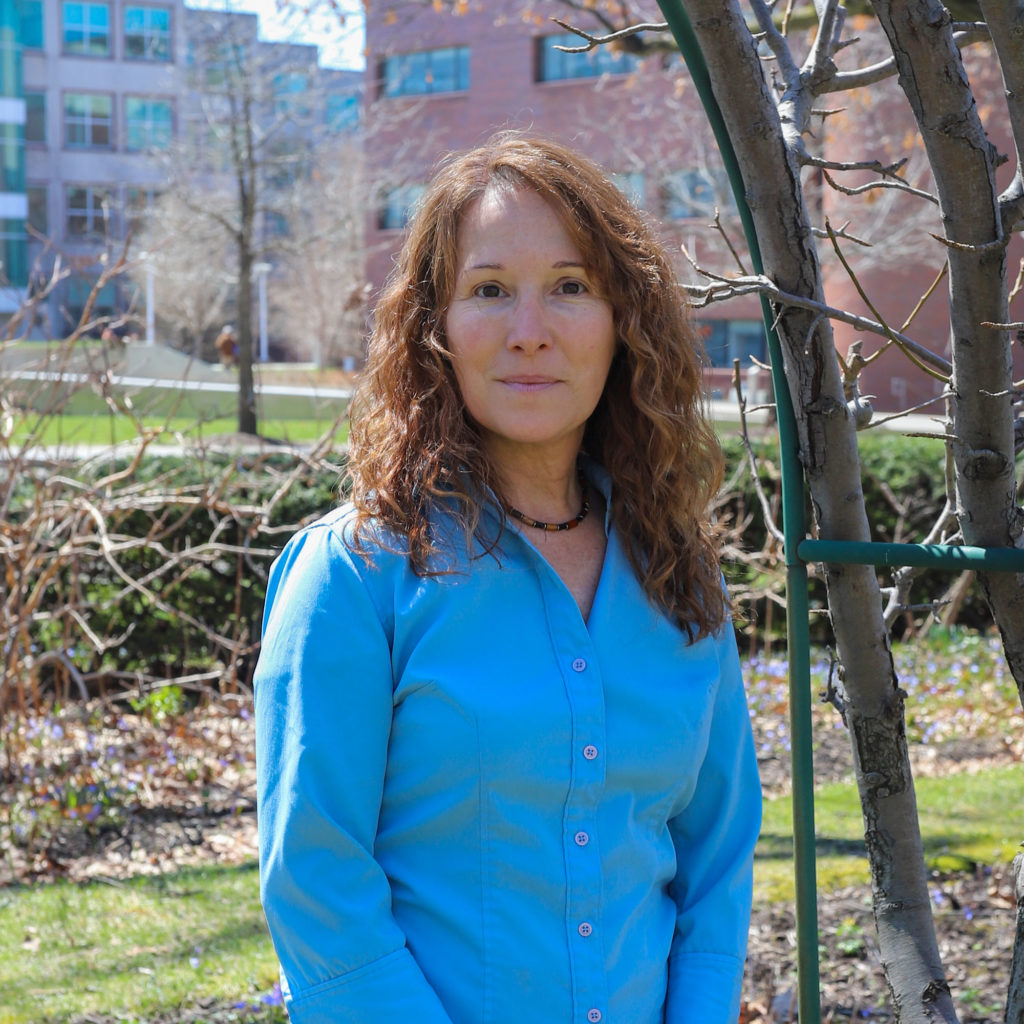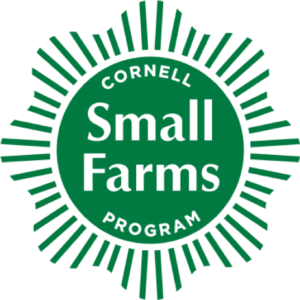Nina Saeli

Veterans Project Associate
I grew up in a small coal mining community in Southwest Virginia, along the foothills of the Appalachian Mountains. When I met my husband, who was a western NY native, he introduced me to growing herbs in pots for culinary use, and he introduced me to food … what he called ‘real food’ that did not come out of a box, can or wrapper. Over six months he helped me lower my genetically high cholesterol to eliminate the need for prescription medication. I fell in love with the flavor of a home-grown tomato and all the herbs he uses in his Italian cooking. I made it my mission to learn to grow every herb we needed for both fresh and dried use, and we have not purchased herbs from the store in more than 10 years. As part of my efforts to 'slow down' after two spine surgeries, I began studying and exploring growing vegetables and the use of medicinal herbs.
My military specialty in medical planning and operations led me to earn my graduate degree in Homeland Security and Disaster Management, and I spent several years working on bioterrorism and pandemic response plans and incorporating key standards of learning within the plethora of curricula at the U.S. Army Medical Department Center and School. After retirement, these skills led me to a job in public health as a preparedness coordinator. My time in public health brought to my attention the lack of understanding of how social determinates of health and health disparities impact communities and how local and regional food systems support positive health impacts.
I hope that my work with the Farm Ops project will assist interested veterans in exploring opportunities in farming. Because a veteran’s social determinants of health shifts once they leave service, I hope to educate them on the prospects farming provides to building a healthy mental, social, and physical lifestyle. I also hope to provide an understanding of how military skills can transition into a career in farming or other local food systems positions, and how these opportunities can provide a continued sense of duty and purpose by supporting local communities.


